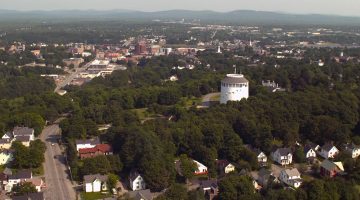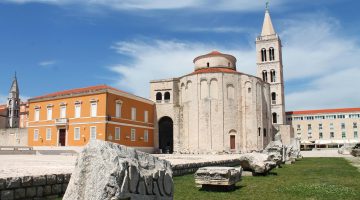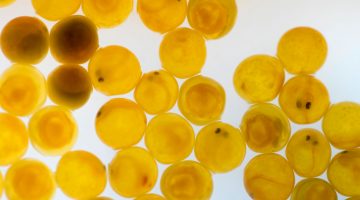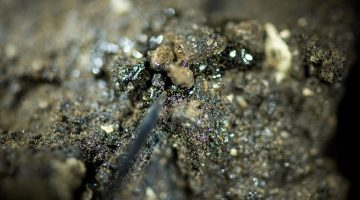Steneck, USM students embrace ecotourism experience in Cuba
University of Maine oceanographer Bob Steneck snorkeled on a remote coral reef and sailed a tall ship off Cuba with University of Southern Maine students enrolled in a Winter Term course. Those activities were part of an innovative, team-taught, 20-day course — Navigating Change in Cuba: Sustainable Maritime Environments and Tourism Development — with lead […]
Read more



